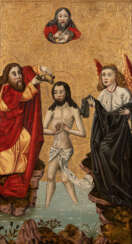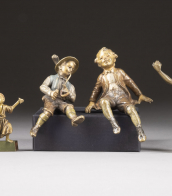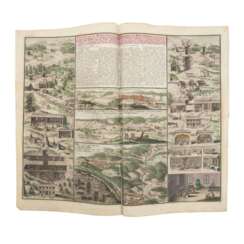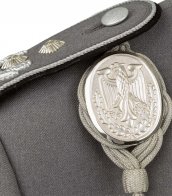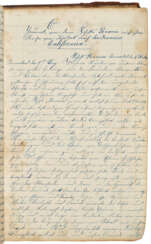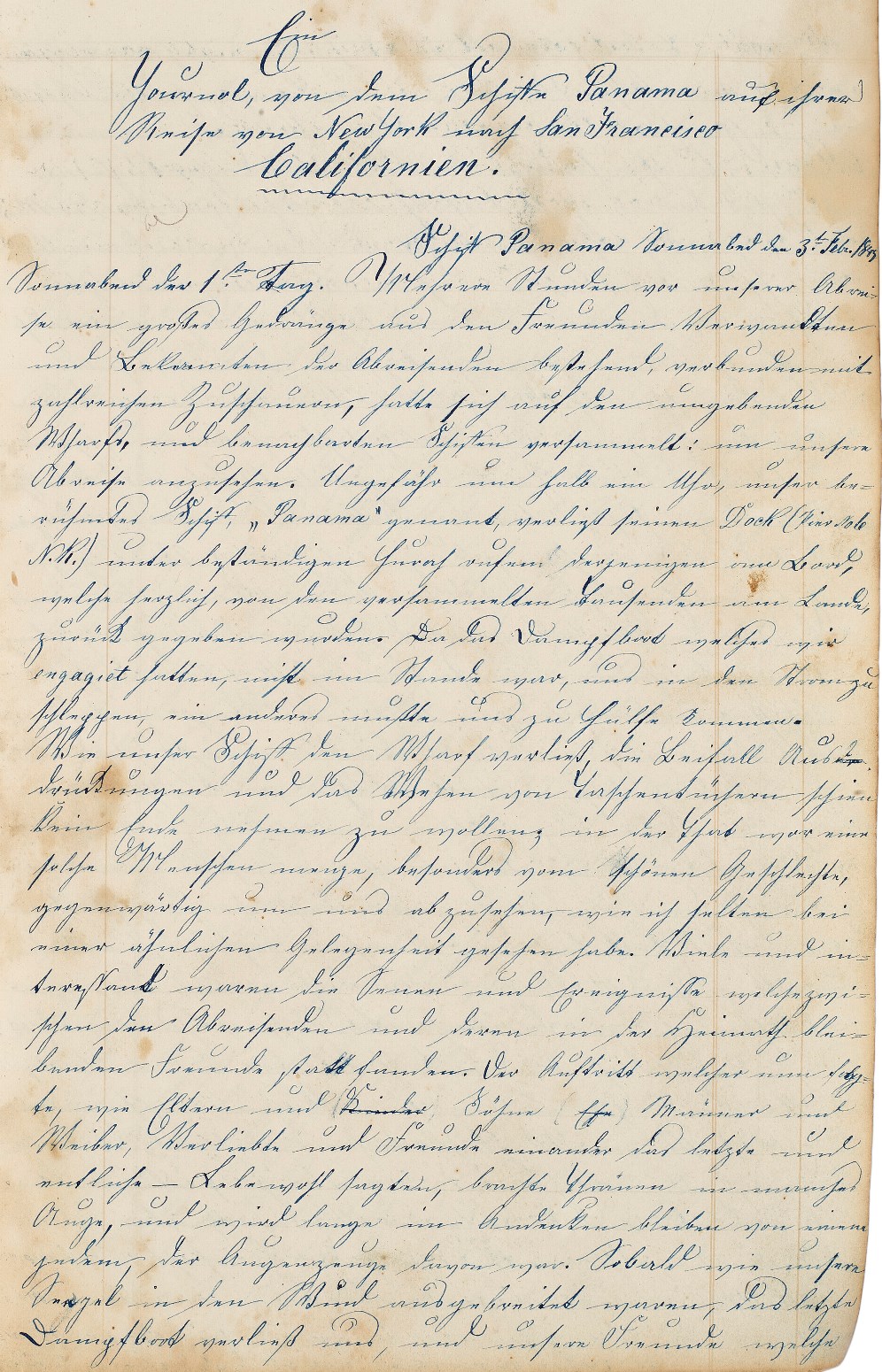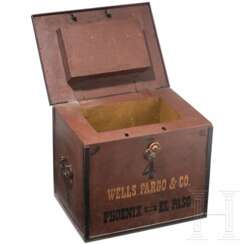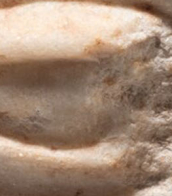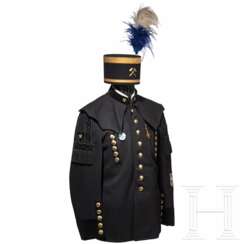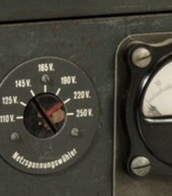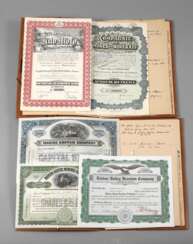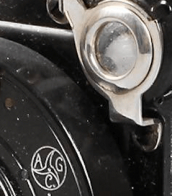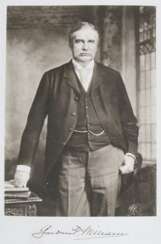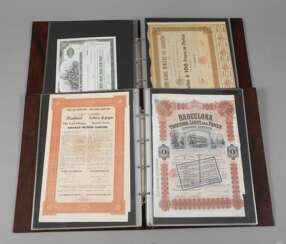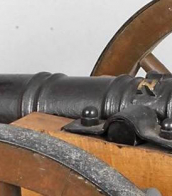mining








William Shakespeare was a British poet and playwright and writer.
William's father, John Shakespeare, was a merchant and official in Stratford. There are reports that he was a sailor for a time before joining a theater company in London. Beginning in the 1590s, Shakespeare began writing plays, and in 1593 he published a poem, Venus and Adonis, which became popular. He dedicated it to the Duke of Southampton, who was a philanthropist and patron of talent, and soon his business was booming.
From 1592 to 1600 Shakespeare wrote his dramas and romantic comedies "Richard III", "The Taming of the Shrew", "Romeo and Juliet", "A Midsummer Night's Dream" and "The Merchant of Venice", as well as the comedies "Much Ado About Nothing", "Twelfth Night" and the tragedy "Julius Caesar". The playwright's business was so successful that he even bought a large house in Stratford. In 1599, Shakespeare became one of the owners, playwright and actor of the new theater "Globe". In 1603 King James took Shakespeare's troupe under his direct patronage. In the mature period, the great playwright turned to tragedies, there were "Hamlet", "Othello", "King Lear", "Macbeth" and others.
Although in the 19th century researchers had some doubts about the authorship of many of these works, William Shakespeare is considered the greatest English playwright, one of the best playwrights in the world. His plays have been translated into all major languages and to this day form the basis of the world theatrical repertoire, most of them have been screened many times. According to the Guinness Book of Records, Shakespeare remains the world's best-selling playwright, and his plays and poems have sold more than 4 billion copies in the nearly 400 years since his death.

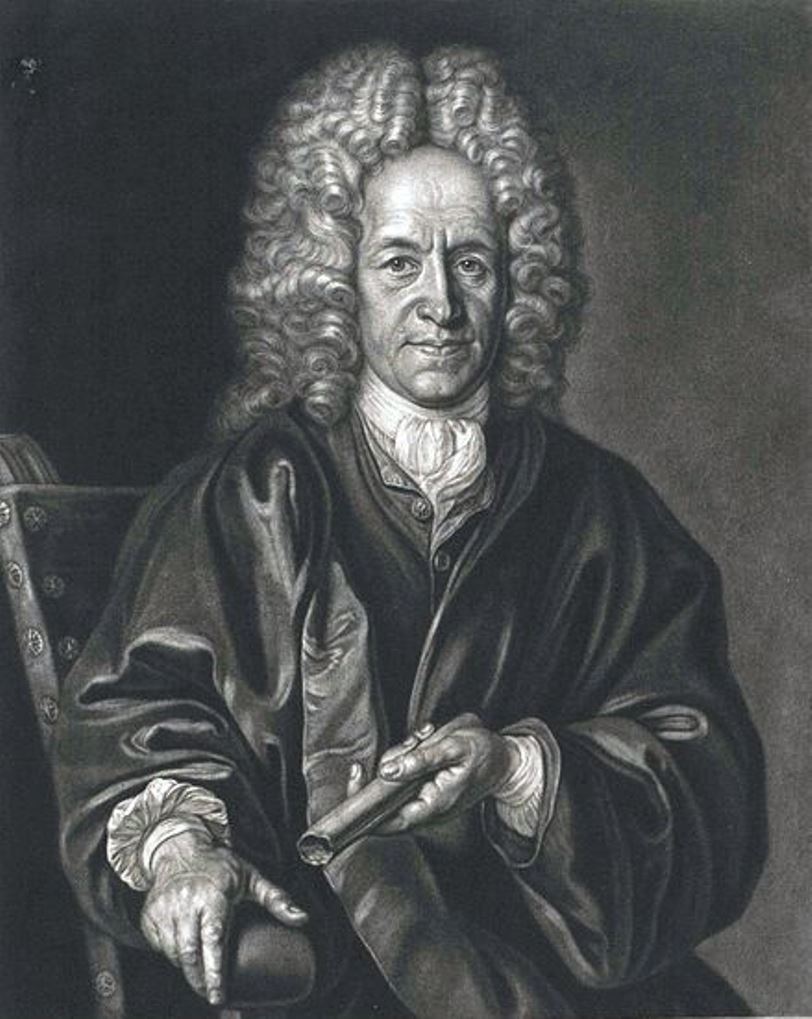
Christoph Weigel the Elder, full name Johann Christoph Weigel, was a German painter, engraver and publisher.
Weigel worked very successfully in the mezzotint technique. He was the first engraver to use a kind of machine for making backgrounds. He established his own printing house in Nuremberg in 1698, and worked closely with the imperial geographer and cartographer Johann Baptist Homann (1664-1724) to produce his maps. His younger brother Johann Christoph Weigel kept an art trade store in Nuremberg around the same time, and also quite successfully.
One of Weigel's most important works is the Ständebuch (Book of Classes) of 1698, which describes and illustrates with engravings more than two hundred trades and services, including mining.

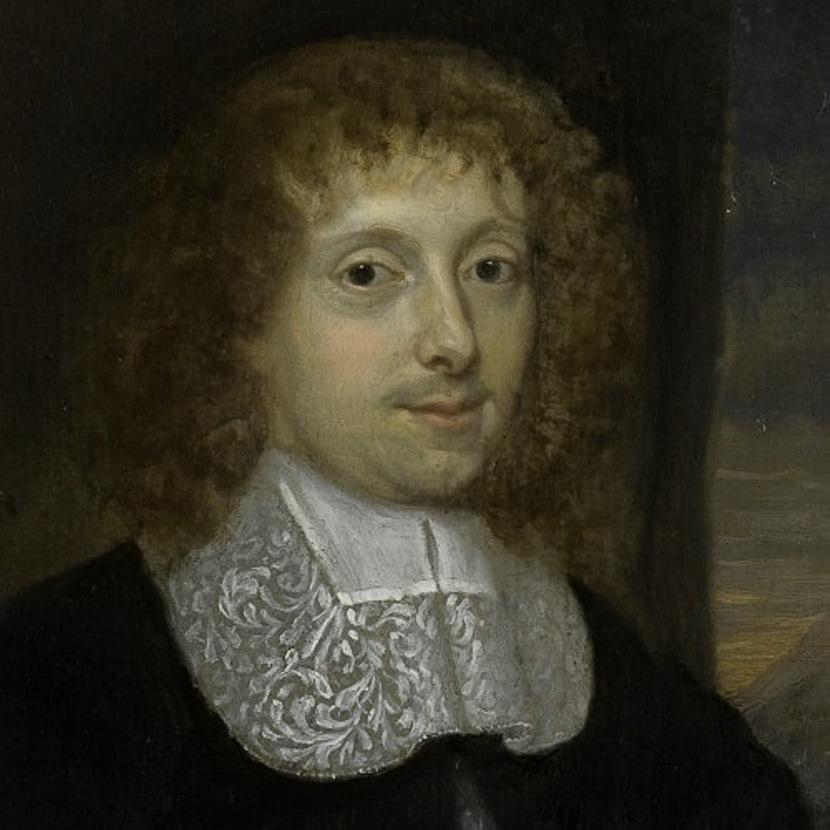
Edward Browne was a British physician, president of the College of Physicians, traveler, historian and writer.
Edward was the eldest son of the famous British scientist Sir Thomas Browne (1605-1682), received a Bachelor of Medicine degree from Cambridge later and a Doctor of Medicine degree from Oxford, and became a member of the Royal Society. In addition to medicine, his subjects of study included botany, literature, and theology. He lived in London and traveled throughout Europe visiting museums, churches, and libraries (Italy, France, the Netherlands, and Germany). In 1673 he published an account of his travels in Eastern Europe, notable for its scrupulous accuracy.
Edward Browne also published two other works: a historical treatise and biographies of Themistocles and Sertorius. He was physician to King Charles II of England and left many manuscript notes on medicine. The chronicle of his journey through Thessaly is a unique and valuable source of information about the region in the second half of the 17th century. He was admitted to the College of Physicians in 1675 and served as its president from 1704 to 1708.

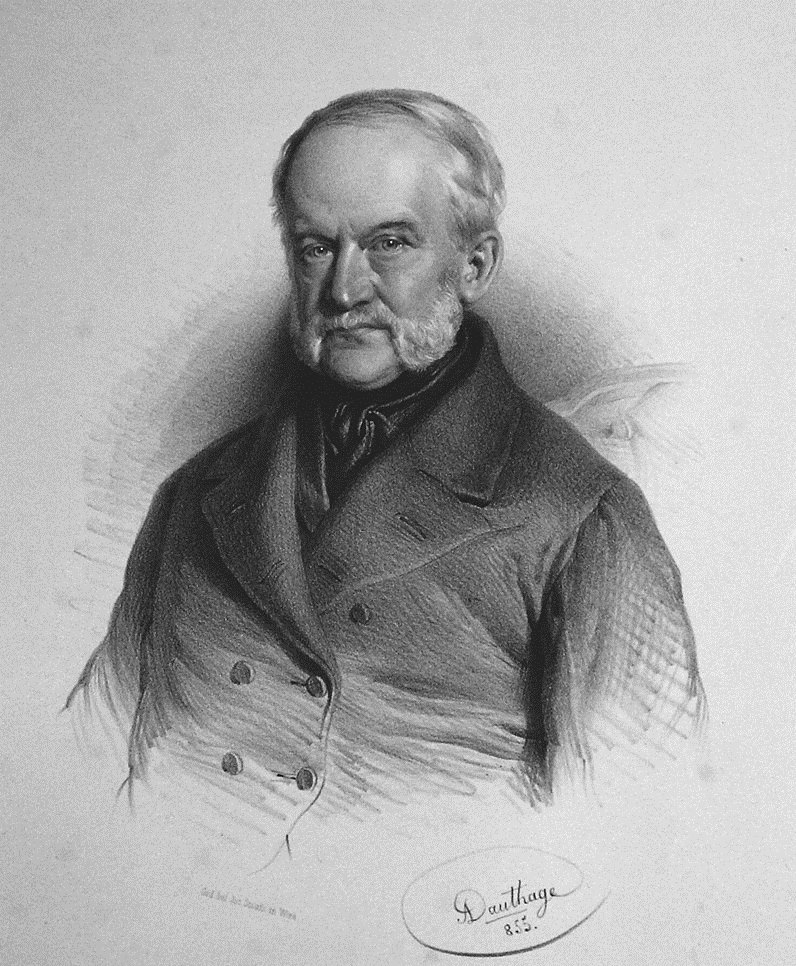

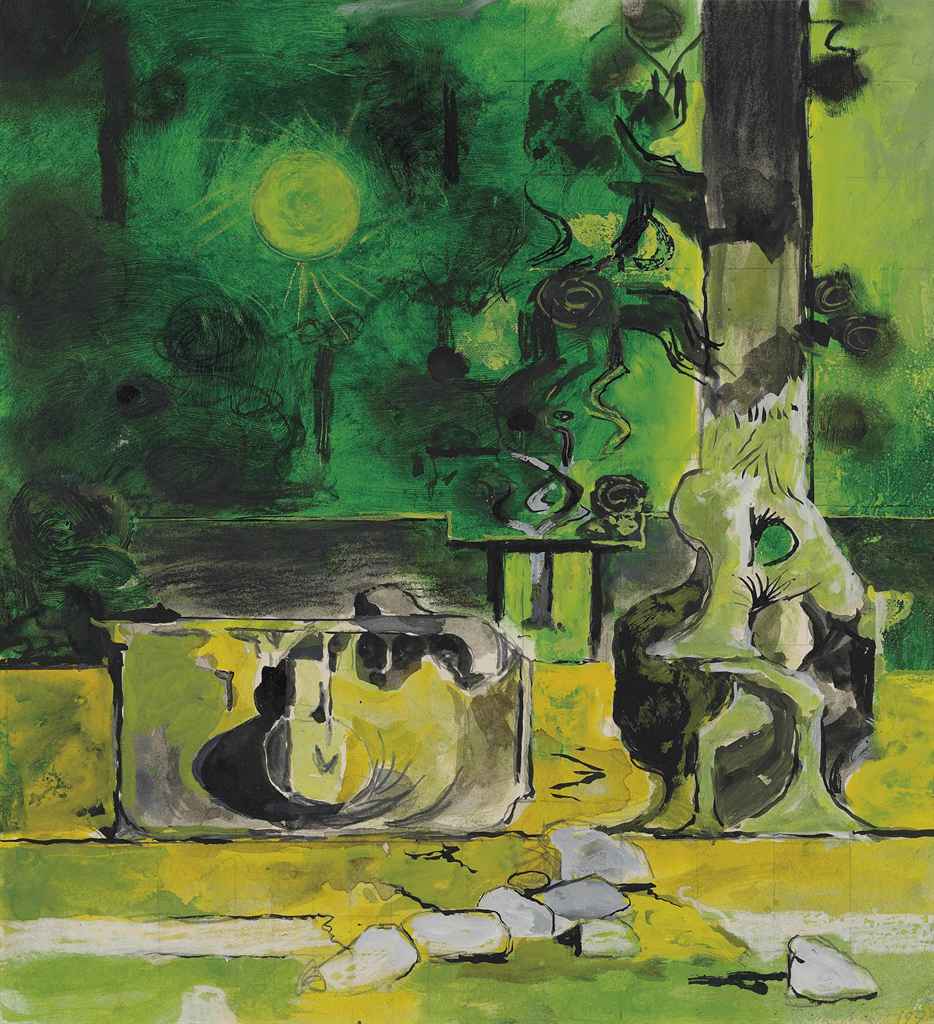
Graham Vivian Sutherland was a prolific English artist. Notable for his paintings of abstract landscapes and for his portraits of public figures, Sutherland also worked in other media, including printmaking, tapestry and glass design.
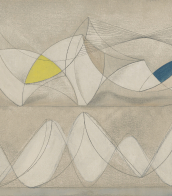
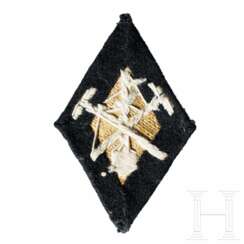

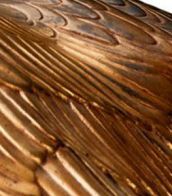
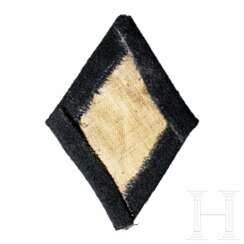



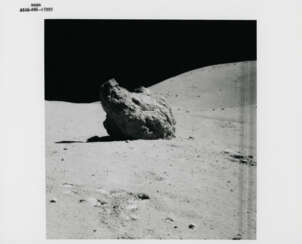

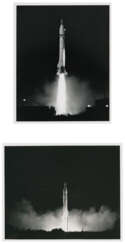



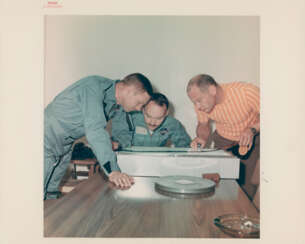

![Panoramic views [Mosaics] at St George Crater’s station 2: David Scott examining a rock near the Lunar Rover; Hadley Canyon and Mount Hadley, July 26-August 7, 1971, EVA 1](/assets/image/picture_1220748/69d69/8cfa37fc52e4e225a6f7fd9813f1809f1604656800jpg__fix_374_244.jpeg)
![Panoramic views [Mosaics] at St George Crater’s station 2: David Scott examining a rock near the Lunar Rover; Hadley Canyon and Mount Hadley, July 26-August 7, 1971, EVA 1](https://veryimportantlot.com/assets/image/picture_1220748/69d69/8cfa37fc52e4e225a6f7fd9813f1809f1604656800jpg__fix_374_244.jpeg)
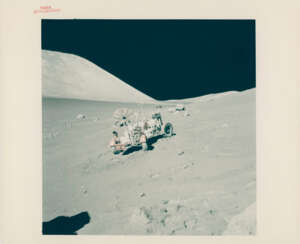

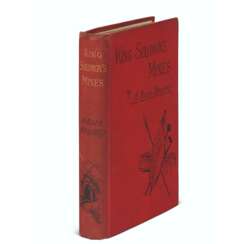

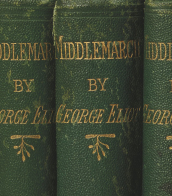
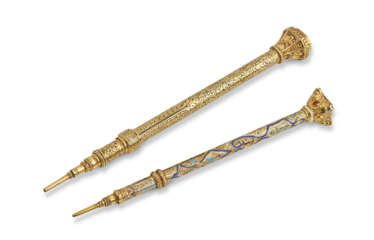

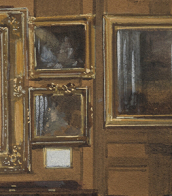
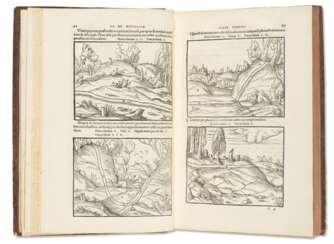

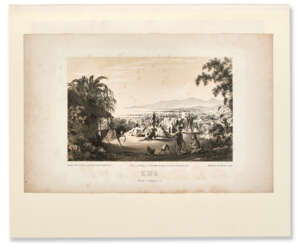

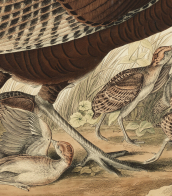
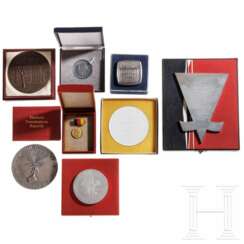

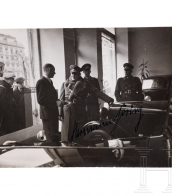
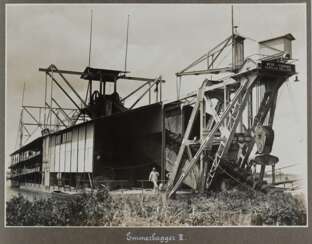

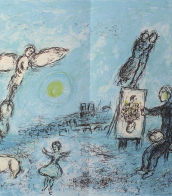
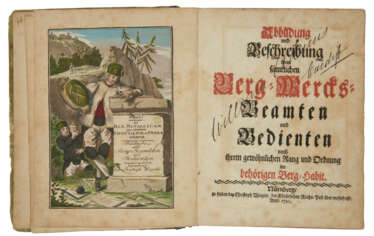

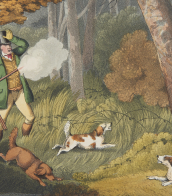


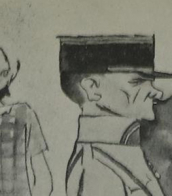
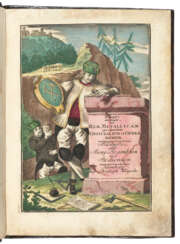

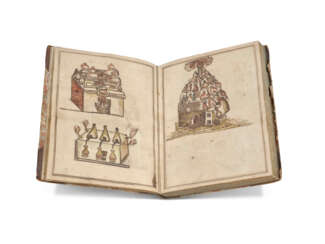


![A Brief Account of some Travels in Hungaria [and] An Account of Several Travels through a Great Part of Germany](/assets/image/picture_3127981/98310/ezwcobryrckcjrdq-yhx6jokqduhuepesrhtundubjwk4cbjotelzpqd02obttv1695627820jpg__fix_374_244.jpeg)
![A Brief Account of some Travels in Hungaria [and] An Account of Several Travels through a Great Part of Germany](https://veryimportantlot.com/assets/image/picture_3127981/98310/ezwcobryrckcjrdq-yhx6jokqduhuepesrhtundubjwk4cbjotelzpqd02obttv1695627820jpg__fix_374_244.jpeg)


